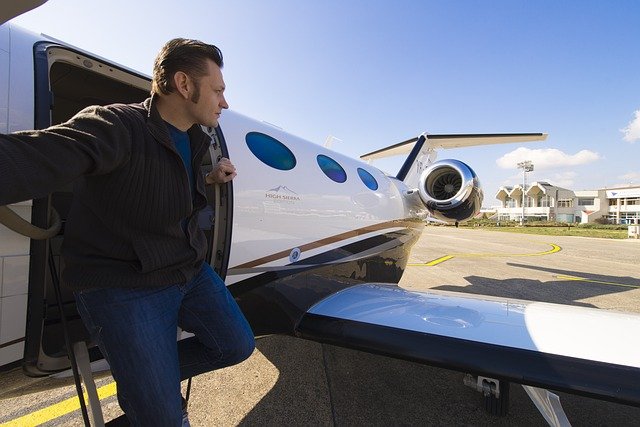Flight Attendant Jobs in Aviation and Luxury Private Jets
Becoming a flight attendant opens doors across commercial airlines, private jet operators, and luxury travel services. This article explains typical duties, training pathways, and the differences between airline and private jet roles. It is intended for informational purposes only and does not list or guarantee specific job openings; consult airline or operator career pages and official recruiters for current vacancies.

What does a flight attendant do in aviation?
Flight attendants are responsible for passenger safety, emergency procedures, and in-flight service. In commercial aviation this includes preflight safety checks, demonstrating safety equipment, and managing cabin security. They also handle customer service tasks—answering questions, resolving seating issues, and delivering food and beverages. The role balances regulatory compliance with hospitality, and strong communication and situational awareness are essential for day-to-day duties.
How do private jet flight attendant roles differ?
Private jet flight attendant positions emphasize personalized service and discretion. Unlike commercial flights with large passenger loads, private jet crew typically work with small groups or single families and tailor service to client preferences. Duties may include bespoke meal preparation, packing/unpacking luggage, and coordinating ground services. Schedules are often more variable, with ondemand flights, overnight stays, and international travel requiring flexible availability and a higher level of client-focused etiquette.
What career paths exist for flight attendants?
A flight attendant career can evolve in several directions. Within airlines, progression can move from reserve or junior attendant to senior lead, purser, or cabin service manager. Some attendants transition into training instructor roles, safety or compliance departments, or corporate cabin crew for business aviation. Skills gained—customer service, safety management, and cross-cultural communication—also translate to hospitality, event management, and travel operations roles outside aviation.
How to showcase luxury service skills for private jet roles?
Luxury-focused flight attendant roles prioritize refined service, discretion, and adaptability. Demonstrate relevant skills by highlighting experience in fine dining service, wine knowledge, multilingual ability, and private client handling. Certifications in first aid, food handling, or specialized hospitality courses strengthen an application. Practical tips include compiling a portfolio of service menus or client preferences (respecting privacy), obtaining references that speak to confidentiality, and emphasizing the ability to anticipate and personalize guest needs.
What qualifications and training are required?
Minimum qualifications vary by operator and country but commonly include a high school diploma or equivalent, legal eligibility to work, and meeting medical and grooming standards. Training typically covers safety procedures, emergency evacuations, first aid/CPR, and crew resource management. Airlines and private operators provide company-specific onboarding; industry-recognized courses—such as cabin crew safety certifications and specialized private aviation training—can improve competitiveness. Continuous training is standard to keep skills and certifications current.
Conclusion
Flight attendant jobs span a wide spectrum from scheduled commercial routes to bespoke private jet service in the luxury sector. Each path demands a mix of safety expertise, customer-focused hospitality, and professional adaptability. This article provides general guidance about roles and routes into the field; it is not an active job listing. For concrete openings and application details, verify opportunities directly with airlines, private operators, or official aviation recruitment channels.




